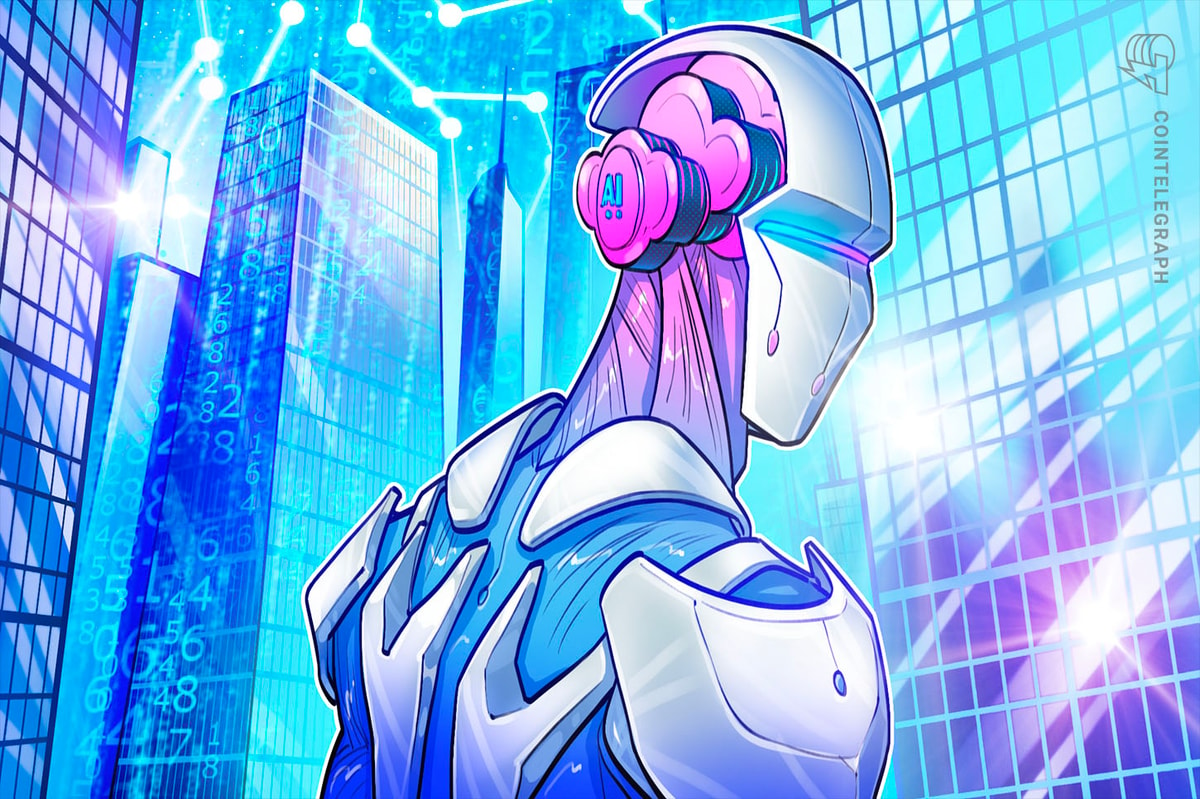August 10, 2025
5 min read
Syed Hussain
The future belongs to those who own their AI
Opinion by Syed Hussain, founder and CEO of SHIZA Against geopolitical and macroeconomic flux, the traditional labor economy is eroding faster than policymakers, educators, or even technologists will admit. With AI systems now outperforming most humans at tasks once considered safe — writing software, generating marketing content, analyzing data, and even providing strategic advice — the core assumption that time and skills can be reliably traded for money is being dismantled in real time. We’re witnessing the breakdown of an entire economic model based on labor as the primary mechanism for value creation. While debates rage on about whether AI will replace jobs, the more relevant question is who owns the new infrastructure of value creation. If intelligence becomes a resource, then those who own and direct their AI agents, rather than rent access to opaque, centralized models, will shape the next economy. This is where crypto enters the equation, not as a niche financial tool, but as the foundational infrastructure for owning AI systems rather than remaining dependent on those built and controlled by Big Tech. Some industry commentators may take issue with this contention, remaining firm in their belief that AI is best regulated centrally to ensure safety or that crypto’s financial chaos disqualifies it from stewarding AI. Others may argue that concerns about the “end of labor” are premature or alarmist.The automation wave nobody saw coming
The trend is clear. The current wave of AI automation is not like past technological shifts. It’s not slowly replacing factory workers; it’s rapidly absorbing white-collar roles that once defined the middle class. Basic content generation, financial modeling, legal research, software development, and academic analysis are already being offloaded to AI agents. More sophisticated domains, including strategic planning, teaching, relationship management, and scientific discovery, will likely be disrupted within five years.AI collaboration and orchestration
In the undisputed AI era, traditional skills are losing value fast, and what matters now is systems thinking — the ability to orchestrate and own AI workflows. This means building personal AI agents trained on your unique knowledge, directing them to perform tasks, and ensuring the value they create returns to you. The goal can no longer be to compete with AI but instead to conduct it, which requires infrastructure supporting autonomy and ownership. Thankfully, the evolving ownership economy, grounded in control over digital tools, data, and value flows, offers a viable path forward. Specifically, blockchain enables this through private model training, decentralized compute, tokenized incentives, and wallet-based identity systems.The ownership economy revolution
Consider platforms where individuals spin up autonomous agents that operate like freelancers, negotiating deals, providing customer support, running research tasks, or analyzing financial trends. At the same time, the human owner earns a yield from their activity. Instead of selling your time on gig platforms owned by corporations, users can deploy AI agents that work continuously for them. Meanwhile, they reclaim their time for higher-order creative or relational work. As wallets evolve to support agent-based coordination and token incentives shift from staking capital to training and maintaining AI agents, the building blocks of this new economy are quietly falling into place. Of course, this shift will come with legal and regulatory challenges, especially as autonomous agents begin to transact, negotiate, and represent humans in digital markets. While questions about liability, authorship, and taxation will persist, the direction is clear: value will accrue to those who own the intelligence that does the work, not to those clinging to increasingly obsolete forms of labor. The most important application of blockchain won’t be payments or custody. It will be enabling individuals to own the intelligence that will increasingly mediate all forms of economic and creative activity. The choice is no longer between resisting or embracing AI — it’s between owning your AI before it owns you.This article is for general information purposes and is not intended to be and should not be taken as legal or investment advice. The views, thoughts, and opinions expressed here are the author’s alone and do not necessarily reflect or represent the views and opinions of Cointelegraph. Source: The future belongs to those who own their AI

